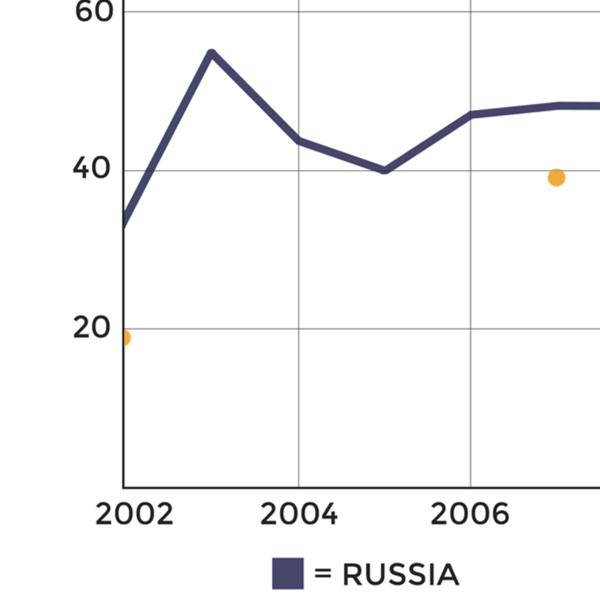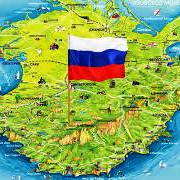(Wilson Quarterly) (Co-authored with Jane Zavisca) The United States has a major public relations problem in former Soviet countries. Not only in Russia, but in Azerbaijan, Kyrgyzstan, and even Ukraine, ordinary people see the U.S. as an arrogant, hegemonic superpower that meddles in the affairs of other countries in a cynical pursuit of its own interests — perceptions that dovetail with the Russian government’s official critiques of the United States, which may explain the success of these particular memes. At the same time, citizens of these countries respect and admire American economic power, technology, culture, and, to some extent, its political institutions. This dual-sided picture — often obscured by crude survey-based measures of views of America in post-Soviet nations — emerged from 18 focus groups we conducted in Russia, Azerbaijan, Kyrgyzstan, and Ukraine between April and August 2014.
To restore American soft power in the region, the United States should reduce direct support for civil society organizations in former Soviet countries and others that lack intrinsic demand for civic engagement. American financing of these organizations has played into the hands of authoritarian leaders who portray such backing as evidence of American interference, hurting the reputations of both the U.S. and the local NGOs that receive American funds. Instead, American policies should emphasize programs which spread and deepen knowledge and appreciation of American institutions — more exchanges of people, ideas, and cultural products. […]
Read More © The Wilson Quarterly











